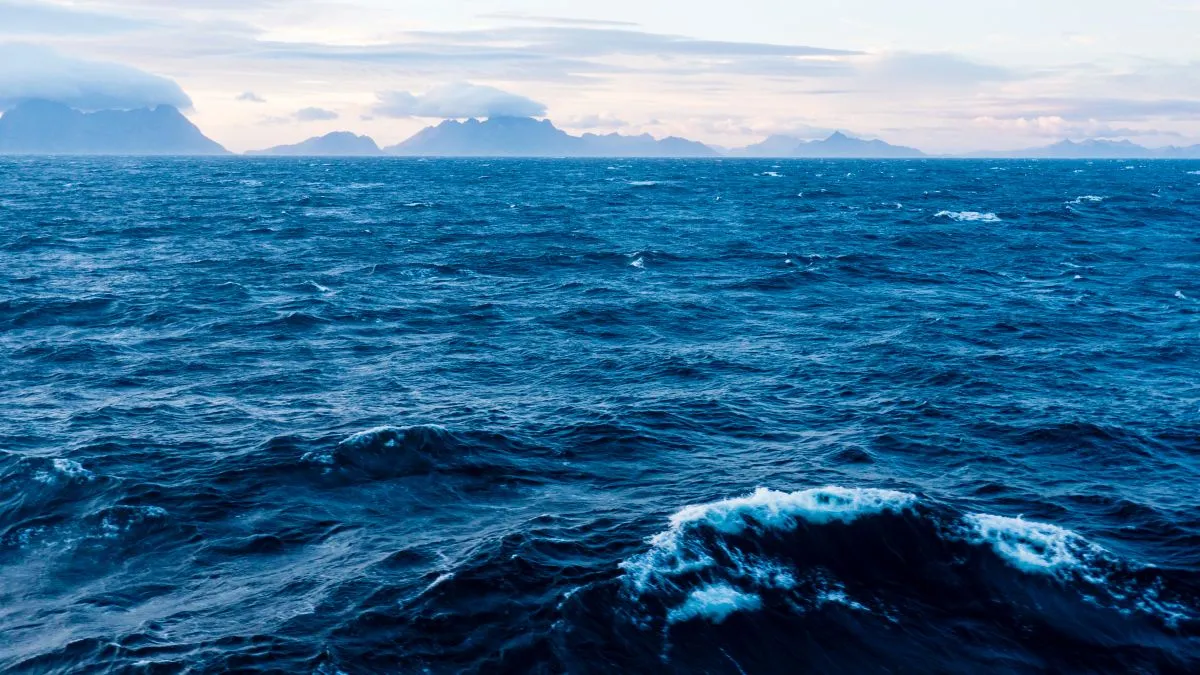The company, based in Singapore and closely linked to Russia-focused operator Safetrans Line, plans a single seasonal sailing in 2025 using the 4,890 TEU Istanbul Bridge. The vessel is scheduled to call at Qingdao, Shanghai, Ningbo, Felixstowe, Rotterdam, Hamburg and Gdansk, with an expected transit time of just 18 days: less than half the 30–50 days typically required via the Cape of Good Hope.
Sea Legend’s service will target high-value, time-sensitive cargo such as electronics and fashion, aiming to reduce inventory cycles and improve supply chain responsiveness for shippers. According to multiple reports, the inaugural voyage is already fully booked.
The company’s Arctic initiative follows its emergence during the Red Sea crisis, when it provided alternative capacity to Middle Eastern ports using Chinese-flagged ships with additional on-board security. That experience appears to have laid the groundwork for its current Arctic expansion, which relies on seasonal ice reduction and close coordination with Russia’s Rosatomflot. The state-owned agency is responsible for developing NSR infrastructure, including nuclear-powered icebreaker support and navigational services.
While the NSR has seen growing interest in recent years, the route remains operationally constrained by ice conditions and is generally limited to a few months each summer. Sea Legend’s move into the region reflects broader strategic cooperation between China and Russia, including joint involvement in Arctic LNG and shipping ventures.
A spokesperson for Sea Legend was quoted by Splash247 as saying the new service “allows us to deliver cargo in half the time of traditional routes,” pointing to potential supply chain benefits for time-critical goods.
Although the company has only scheduled one voyage for 2025, the early booking figures and emphasis on premium cargo suggest it may be testing commercial viability for future Arctic deployments.











